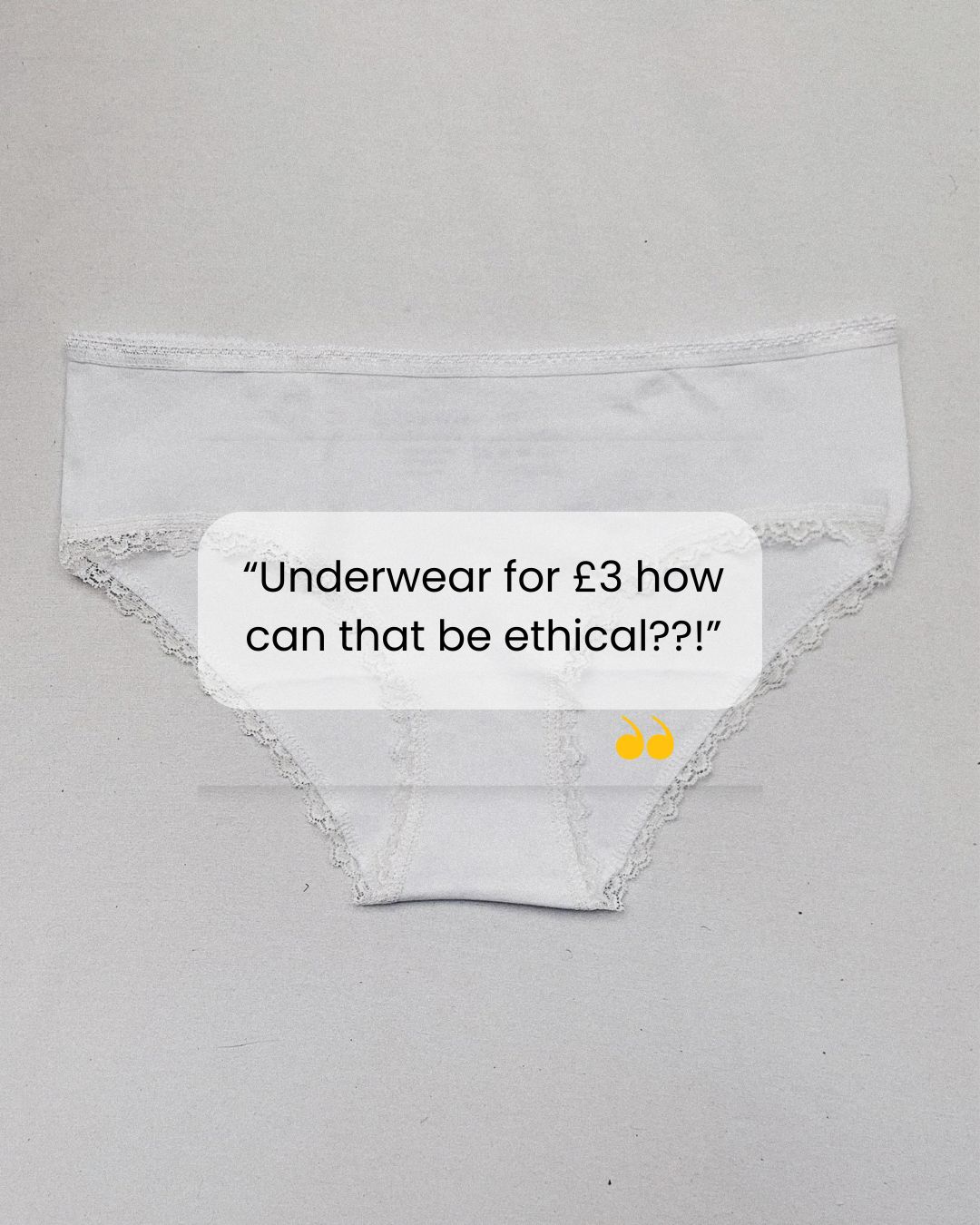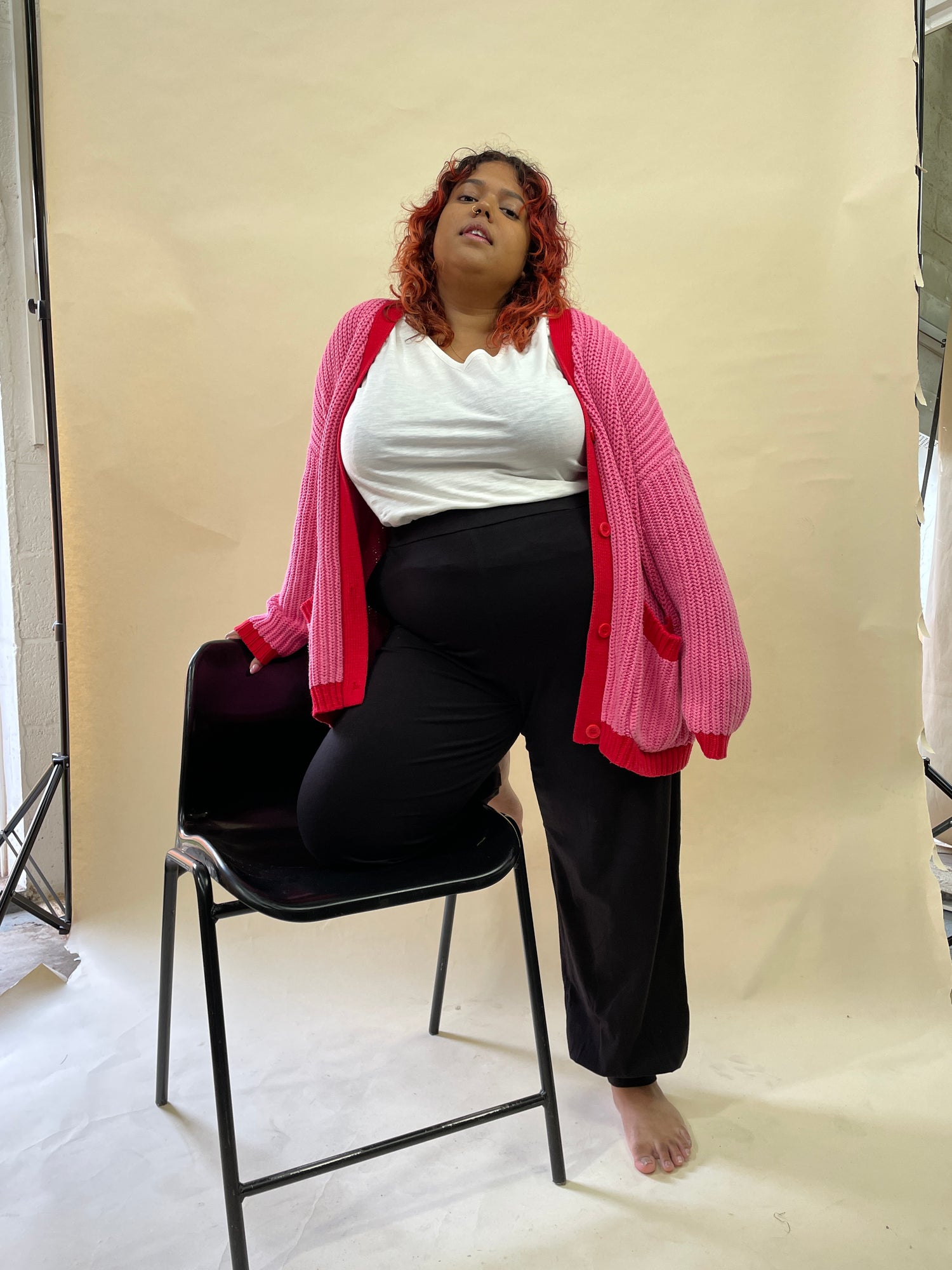Sancho’s is the home of sustainable fashion and ethical lifestyle products. Our Black woman owned business is based in Exeter, UK where we believe in doing better, providing sustainable and affordable clothing options. Through activism and spreading awareness, we are working towards a kinder world. Shop our transparent pricing collection here, our Organic Cotton Bestsellers here and read more about us here
July marks the beginning of Plastic Free July, a movement that encourages people to question their daily consumption of plastic and to make small changes in their habits to reduce the environmental impact. As we welcome the new month and warmer weather, we want to share our simple and easy tips to have an eco-friendly picnic.
1. Make your own food
Instead of buying ready-made sandwiches, cakes and hummus, which come in single-use plastic packaging, try to make your own by buying local and seasonal products. You can even use some leftovers you already have at home or try out new recipes. A picnic is an excellent opportunity to cut down on food waste and share dishes with your friends.
2. Reusable Containers
Once you prepare your food, you can bring it to the picnic in this lightweight canister from Elephant Box rather than packing heavy glass jars. Once you’re done, you can take it home again with you. Remember to pack some spare containers to store leftovers, in case you and your friends prepared too much food! This Elephant Box container is leak proof, ensuring no spills in your bag and makes a great single-use plastic-free alternative.
3. Reusable water bottle
Forget the plastic cups and bring your own reusable bottles. The Dopper Insulated Drinks Bottle is a product to help you never buy single-use plastic. The lid turns into a cup. The bottle can be used for any liquid of your choice (except dairy) and keeps your water hot for 9 hours or cold for 24. In this way, you won’t need to buy plastic bags of ice to keep drinks cold for your friends. Moreover, buying from Dopper supports the Dopper Foundation, which finances water and sanitation projects in Nepal through the charitable organisation Simavi and their local partner NEWAH. The foundation also organises the Dopper Academy which runs educational programs on water and (plastic) waste. You will not only save our oceans, but also have a super stylish bottle.
This Eco Handy Backpack from Lefrik is very versatile and can be used to take your food and everything you need for the picnic. The backpack is made with the planet in mind, recycling and extending the life of discarded plastic bottles and is vegan-friendly as well. Maybe it doesn’t give the same hamper vibes a picnic basket do, but the backpack is perfect for everyday use and every adventure. It’s more convenient and easy to carry around -whether you’re travelling or just spending a bit of time out in nature.
5. Reusable cutlery
Taking your own cutlery from home is a good choice. You don’t actually need different cutlery just because you are eating outdoors! But if you don’t want to take it from home, then investing in a reusable bamboo cutlery set would be worth it. This zero-waste cutlery set on Wearth London is perfect for popping in your bag for lunches and picnics. The set includes a bamboo fork, knife, spoon, teaspoon, stainless steel reusable straw and straw cleaner. There are a lot of different designs you can choose from. You can also only buy the pouch without the cutlery. I’m sure you’ll find the one that appeals to you.
The most sustainable picnic rug is the one you already have, so why not taking your tablecloth on the route to the picnic?! I love this cotton grey tablecloth from Nkuku. Nkuku, based in Devon, works with artisans from all over the world to make beautiful home and lifestyle products, using natural and recycled materials. If you find yourself in Totnes, you can also visit their beautiful store to get some inspiration for your interiors.
These are some of the steps that you can take when planning to do a picnic with your friends and family. They are simple changes, but they can make a significant impact on the environment in the long run.
Written by Alice Vinardi



